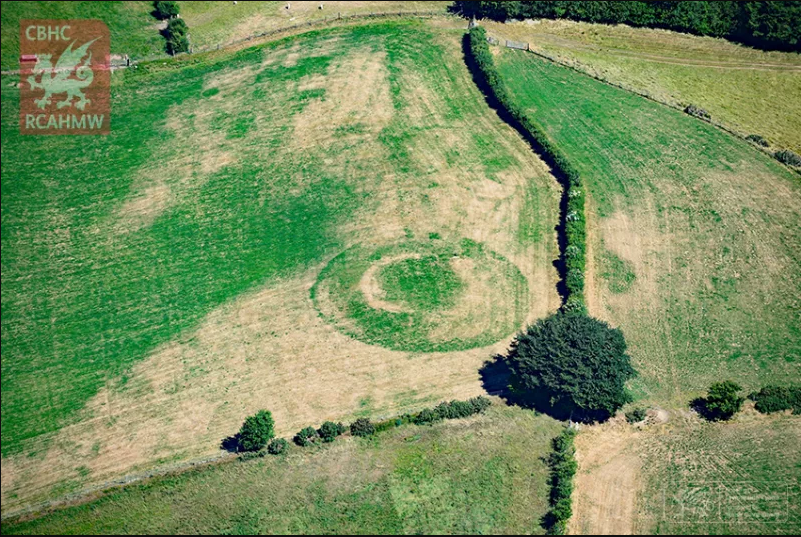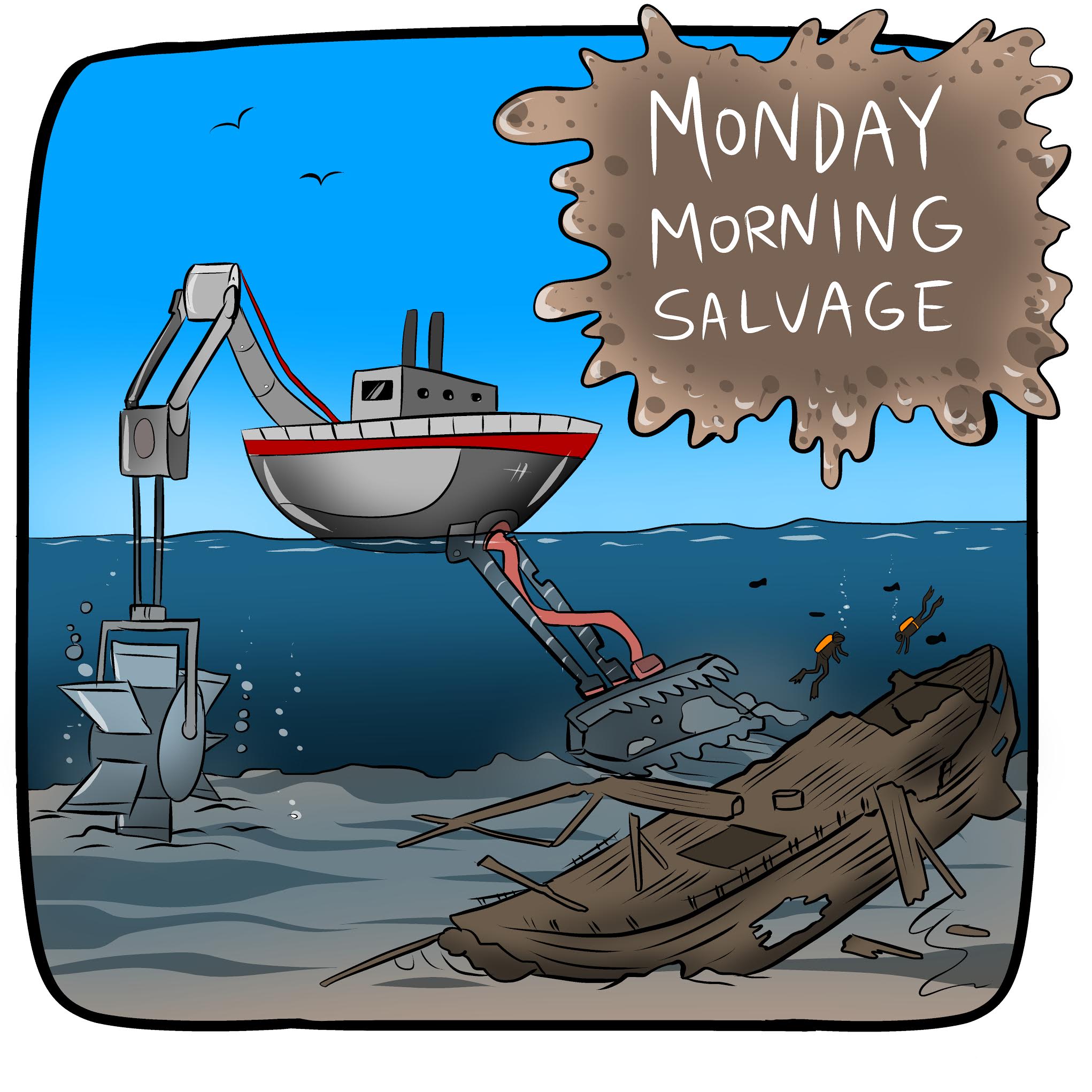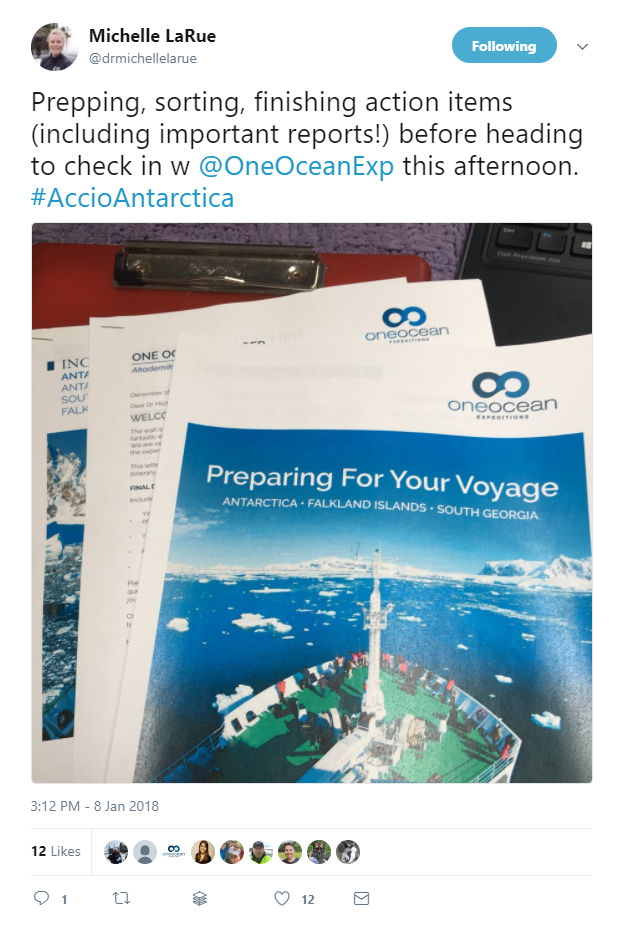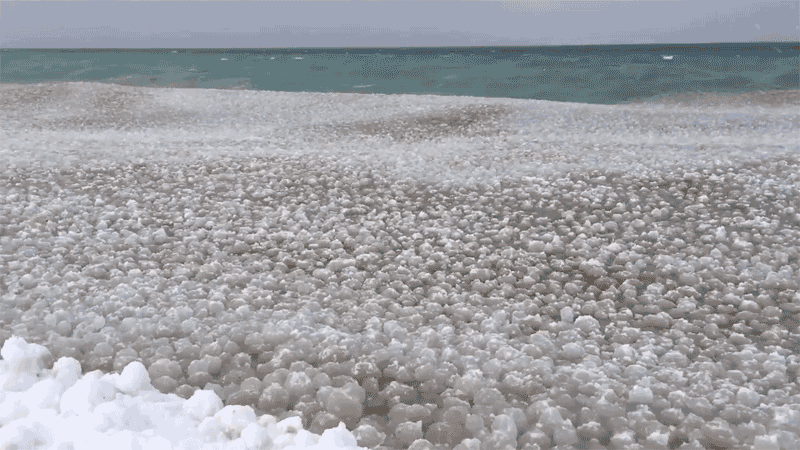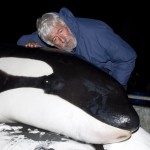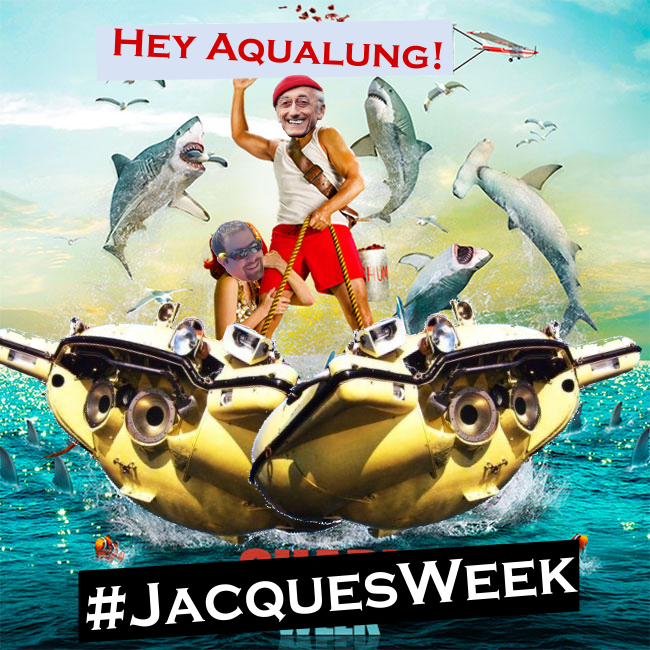
Foghorn (A Call to Action!)
- Jacques Week is coming! Have no fear. Our annual answer to Shark Week’s ocean madness will be back for a forth season!
Flotsam (what we’re obsessed with right now)
- Saving the Vaquita was always about understanding human cultures and how social structures intersect with the ecosystem. Investigation reveals illegal trade cartels decimating vaquita porpoises.
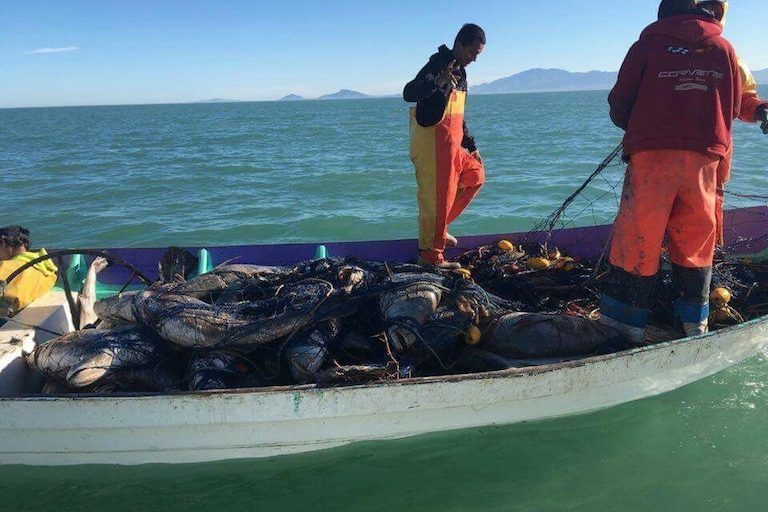
- Keep beating this drum until it sinks in: Plastic Straw Bans Leave Out People With Disabilities.
- Climate change may be a boon for archaeology: Scorching Heat Wave Reveals Signs of Ancient Civilization in the UK.
